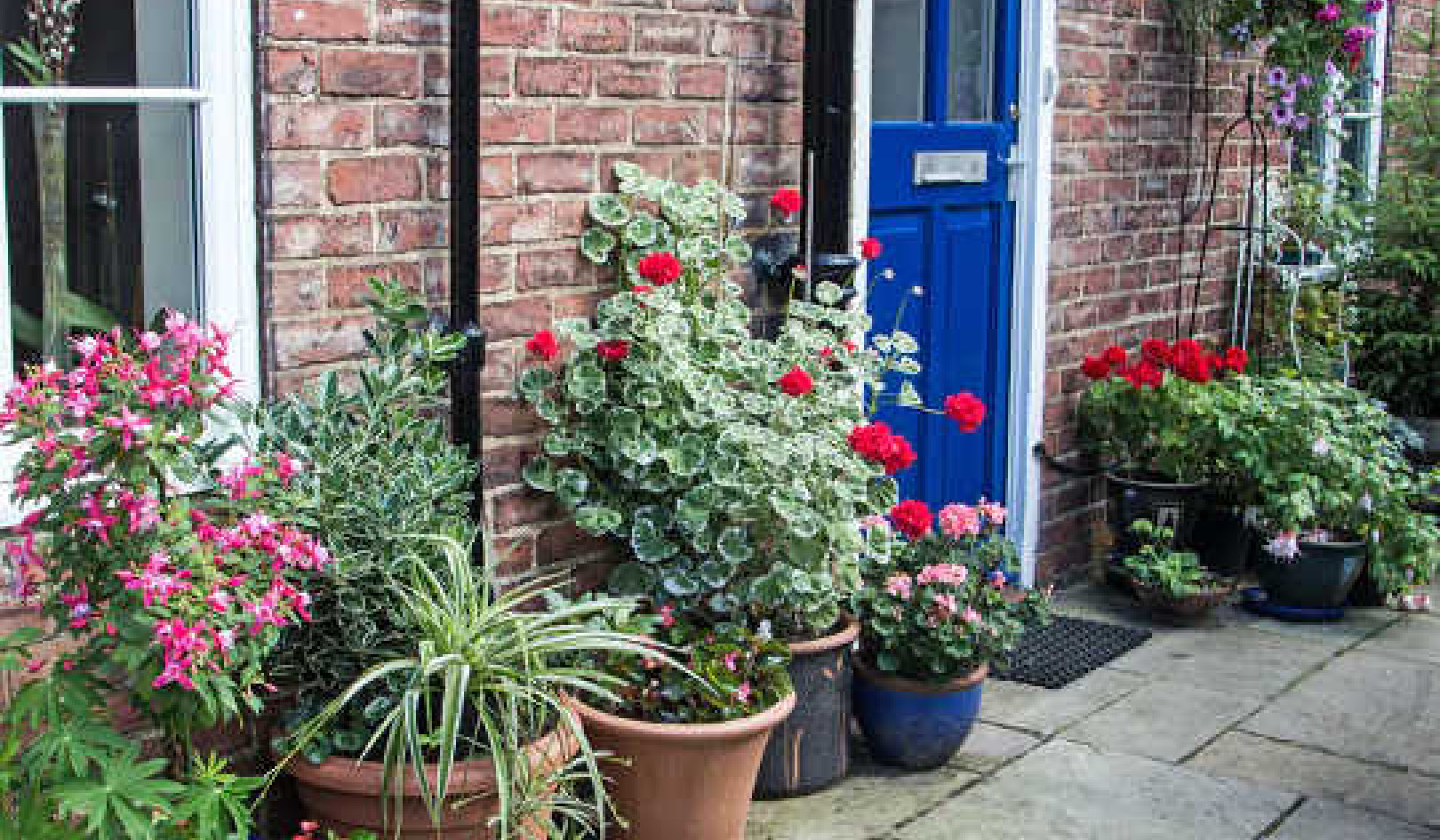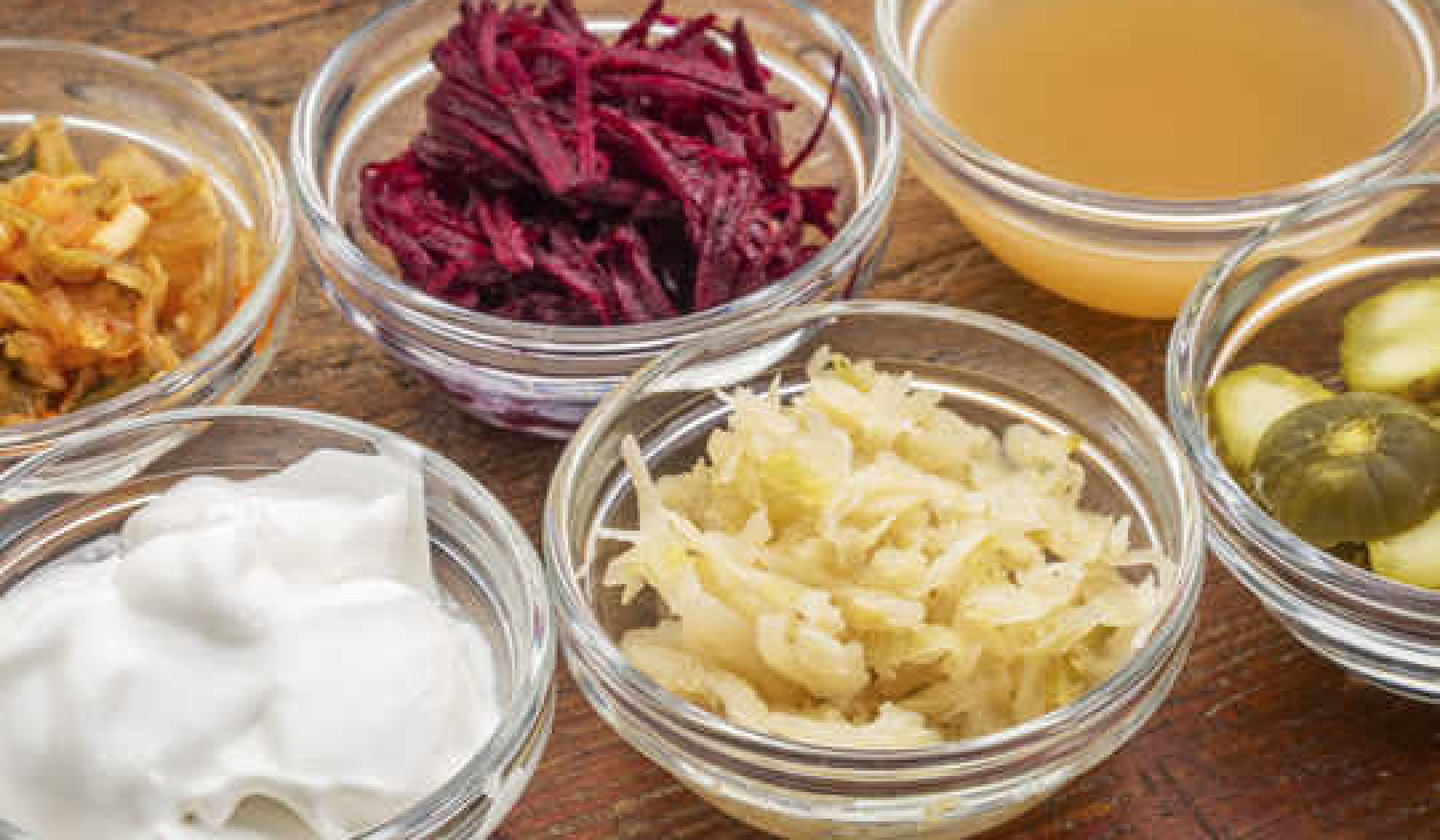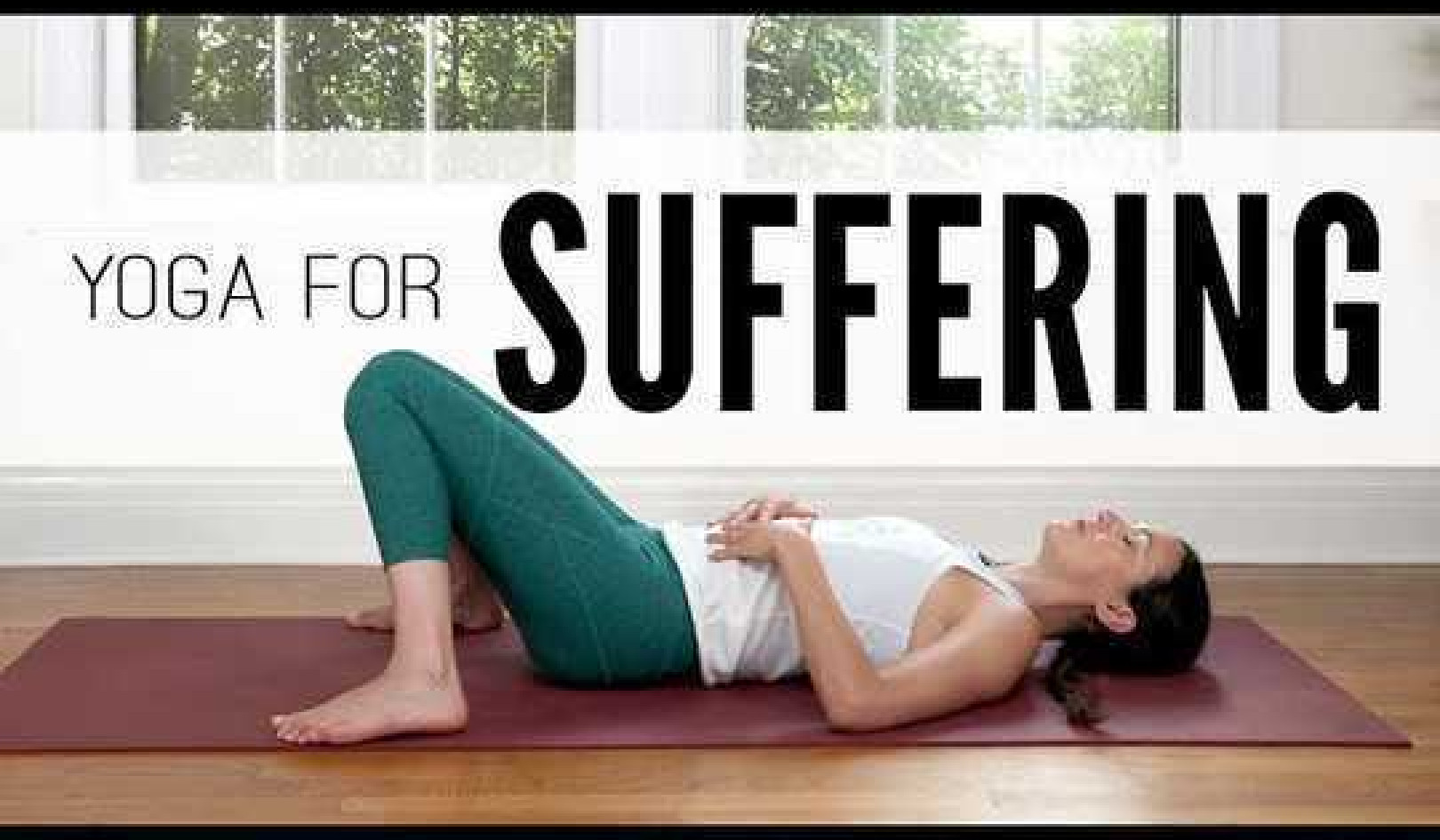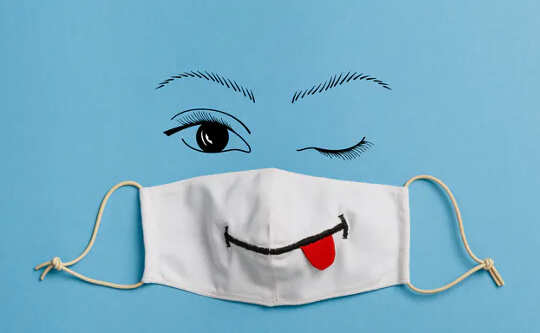
Tiny moments of playful connection can invite feelings of gratitude. (Shutterstock)
Many of us were hopeful that 2021 would be the start of a new beginning. However, with lockdowns and grim warnings about new strains of COVID-19, society was quickly reminded that the marathon is far from over.
As creative arts therapists working in the pandemic, we commonly hear how deeply disconnection and loneliness are affecting people. To sustain ourselves through the months ahead, we believe people need to intentionally work to find creative ways to connect more, no matter what the distance is.
We invite you to think of how to tend to your own connection needs while also thinking about those in your community. All of us will need tremendous energy for the emotional work ahead.
For those who have lost loved ones during the pandemic, there is profound grief, compounded by losses and disappointments of missed funerals or death rituals. Many are dealing with grief for missed milestones and family and community celebrations, lost opportunities, missing financial, employment or personal supports and community and personal connections. There’s also the everyday loss of grounding routines and relationships, and ongoing fear. We will all need energy for so much recovery.
Our hope is to inspire you to intentionally bring a little playfulness and creativity to help light up your connections and perhaps find ways they can be more sustaining. In turn, these tiny adjustments of intention may help preserve health.
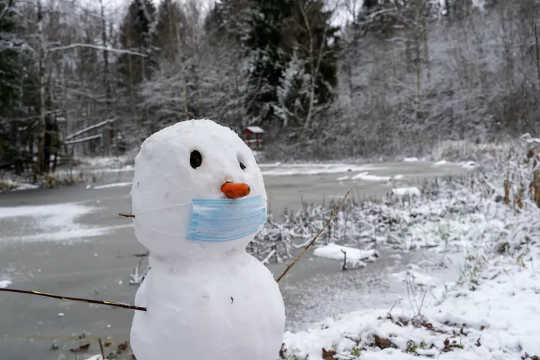 To find sustenance through the months ahead, it will matter to find creative ways to connect more to mutually support one another. (Shutterstock)
To find sustenance through the months ahead, it will matter to find creative ways to connect more to mutually support one another. (Shutterstock)
Clarifying intentions, values
Start by clarifying what constitutes your intentions or values.
For example, just because you have a weekly call with friends or family on the calendar, it doesn’t necessarily mean it will fulfil the need for connection. Psychologist Stephen Hayes proposes clarifying your values so they can inform the actions you commit to. Setting an intention to feel connected, and grounded in personal values, may be more successful.
If the goal is to connect, but calls are leaving you cold, perhaps it’s time to switch from a video conference or a distanced walk.
As many of us have may have “Zoom fatigue,” web conferences can be transformed into a game night or a crafting party.
A playful off-screen option is a scavenger hunt. These might help with cross-generational connections or with those who have less to talk about.
Antidote to failed connection: Playfulness
As therapists, we witness many moments of failed connection: values collide, people’s abilities and limitations are not considered. Old hurts get activated, moments to repair are missed and bids for connection flop.
During stressful relationship moments, it’s easy to quickly climb the nervous system ladder, jumping from a state of relative calm into fight, flight or freeze, and interact with each other badly. Neuropsychiatrist Daniel Siegel calls this “flipping our lids,” and his Wheel of Awareness meditation tool can help with this.
Instead of “flipping our lids,” we can use playfulness.
One day when Bonnie’s son was three, she to had to rush him to daycare. After packing him into his jacket and adjusting the car seat, she reached back to pick him up and found him in that limp posture of protest small children take when they don’t want to do something.
Rather than just stuffing him into the car, she relied on a helpful parenting approach of empathizing with him first: “You were happy playing with your toys. You’re sad we have to go.” Then, as she was newly training as a play therapist and learning about how parents can connect with their children’s feelings and help coach their children through difficult emotions, she had an idea: her son was obsessed with giant machines so she decided to become a backhoe loader. Her arms became shovels and she loaded him into the car while he laughed with joy.
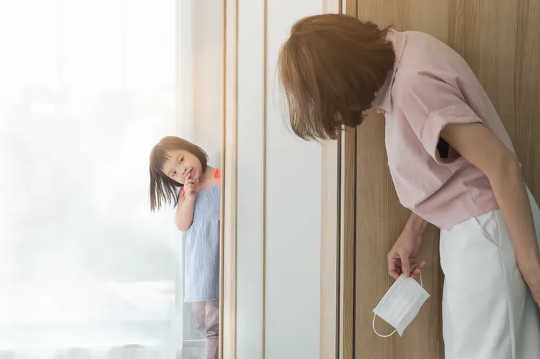 It may only be a matter of small adjustments of intention to connect better with those we love. (Shutterstock)
It may only be a matter of small adjustments of intention to connect better with those we love. (Shutterstock)
Grumpy pandemic walks
Moments of playful connection like this can invite feelings of gratitude, which in turn have so many positive benefits in relationships. It can really take an extra effort to find a playful impulse, as the fear and constrictions are wearing.
Heather had found her necessary daily walks becoming a chore, as she lives in a densely populated neighbourhood where distancing is a sport. After noticing she and her son were getting grumpy on these walks, she set an intention to tune their attention to the little bits of neighbourhood beauty and magic: a tiny painted mouse door, little free libraries and a giant snow dragon!
In many ways, people’s social capital is being depleted as collective fatigue of the pandemic wears on many people’s moods and social graces. At the same time, these little artifacts are examples of ways people creatively show generosity and ways of connecting.
It’s not all about self-care
While we recommend ways to bring playfulness, humour, fondness, flexibility and creativity into the mix, we also acknowledge that accessing these may be hard. Some self-compassion and self-care may be needed first.
Reflecting on values and intention may help you consider what you need for self-care. Finding resources like guided meditations and creative activities can help.
We recognize the notion of self-care can require resources that aren’t distributed equally in society or can obscure the social or political roots of marginalization that can impact well-being. Self-care has also been commercialized into a massive industry that can perpetuate feelings of not being or having enough.
And marginalized groups have been hardest hit by the mental health impacts of the pandemic.
The word compassion, on the other hand, has a root meaning “to suffer together.” Is it possible to allow both the helpful and limited aspects of notions of self-care, and a sense of compassion or empathy for suffering, to shape responses? All of us might resolve to make extra efforts to invite, connect and to offer patience and forgiveness for imperfect moments.
We are all going to need some extra kindness on this road ahead, so hopefully a little fun can help smooth the path!
About the Authors
Heather McLaughlin, Lecturer, Creative Arts Therapies Department, Concordia University and Bonnie Harnden, Professor, Creative Arts Therapies Department, Concordia University
This article is republished from The Conversation under a Creative Commons license. Read the original article.




















